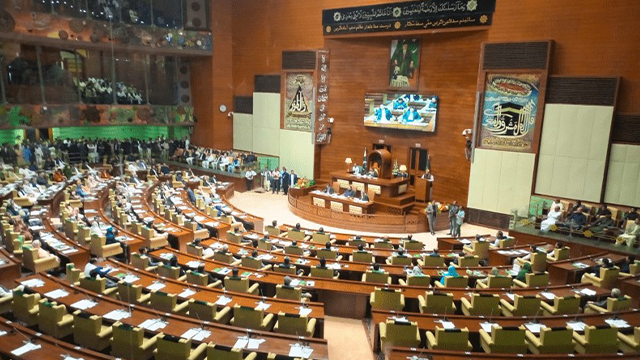Sindh Cabinet approved the Agriculture Income Tax law, introducing significant changes to the taxation system for the sector aimed to improve tax collection.
The meeting, held under the chairmanship of Sindh Chief Minister Syed Murad Ali Shah here at CM House, was attended by provincial ministers, advisors, special assistants, Chief Secretary, PSCM, Chairman P&D, and other concerned officers.
Under the new tax structure, agricultural income up to Rs 600,000 annually will be exempt from tax, while the maximum tax rate for income exceeding Rs 5.6 million annually will be 45 per cent, which will take effect from January 01, 2025.
The bill also introduces a progressive super tax, where agricultural income up to Rs 150 million annually will not be subject to a super tax. For income exceeding Rs 500 million annually, a 10 per cent super tax will be applied.
READ: Sindh CM announces trauma centres for accident victims
Additionally, the law includes provisions for corporate farming, and small companies will face a 20 per cent tax on their agricultural income, while large companies will be taxed at 29 per cent, however, livestock has been excluded from the tax net, and the previous advance tax based on land cultivation will no longer be levied.
Moreover, the Sindh Revenue Board (SRB) will be the authority responsible for collecting and enforcing the agricultural income tax, ensuring a streamlined and efficient process.
The cabinet meeting also reviewed the province’s share from the National Finance Commission (NFC) and addressed the shortfall in the funds received from the federal government.
In a separate initiative, the Sindh government has introduced a paperless approach to cabinet proceedings.
The new Sindh Cabinet E-Portal, equipped with iPads and internet connectivity for members, aims to modernize governance, improve efficiency, and reduce paper use in the decision-making process.
This digital transformation reflects the government’s commitment to adopting modern practices in its operations.





